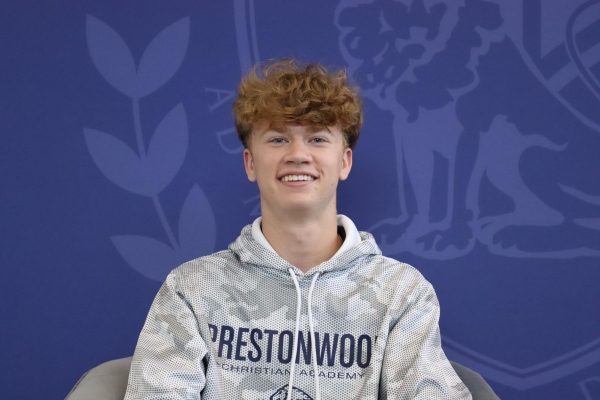In grades 6-12, students have the opportunity to participate in Science Olympiad. It is like being on a sports team, needing preparation, commitment, coaching, and practice all year long. Each school can bring 15 students who train together for different events based on their skills allowing for mentoring and teamwork.
The competitions are similar to track meets, featuring 23 events for each division (Division B for middle school and Division C for high school). Each year, some events change to keep up with new developments in areas like genetics, earth science, chemistry, anatomy, physics, geology, mechanical engineering, and technology. By mixing events from different subjects, Science Olympiad encourages a wide range of students to participate. The focus is on hands-on group activities. Through Science Olympiad, students, teachers, parents, principals, and business leaders come together to work toward a common goal.
This year PCA collected three medals at the UT Austin Competition in the following events: Pokemon, Bungee Drop, and Robot.
Junior Chris Fu, a participant in two of the winning events, said, “I enjoyed getting two medals and also getting to work with new teammates and succeeding.”
Senior Yurim Chang, said “I liked competing and the team bonding. My favorite event was experimental design because it allowed me to connect my knowledge from AP Chem and AP stats into a competition.”
Sophomore CJ Gulley said, “My favorite event was Forensics because I got to find out what it feels like to be a detective, when they identify what happened and how it happened.”
Science Olympiad provides students in grades 6-12 a fantastic way to explore science while building teamwork and skills. Like a sports team, it requires dedication and practice, with events that change each year to keep things exciting. PCA’s recent success at the UT Austin Competition, with medals earned by participants like Chris Fu, Yurim Chang, and CJ Gulley, highlights the fun and learning that comes from this experience. Through collaboration and hands-on challenges, students not only deepen their scientific knowledge but also create lasting friendships.



